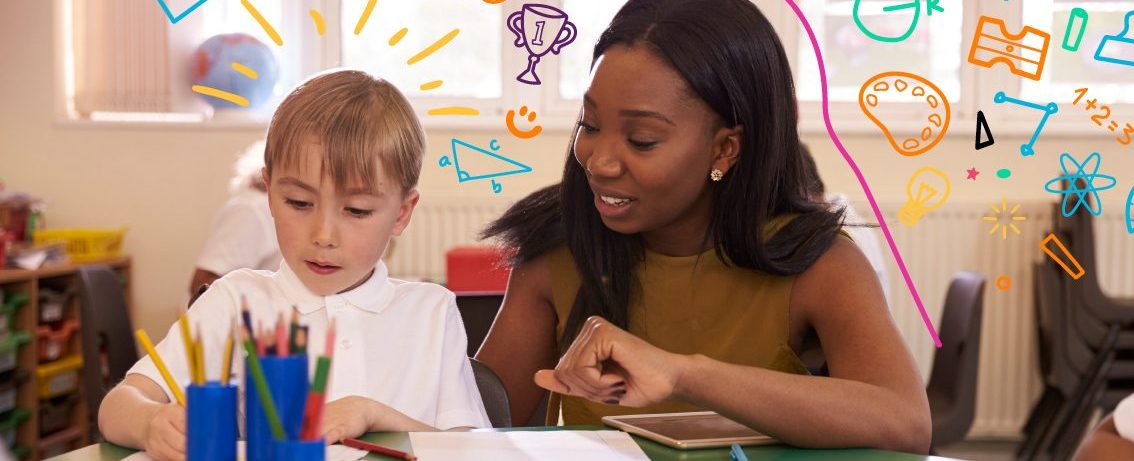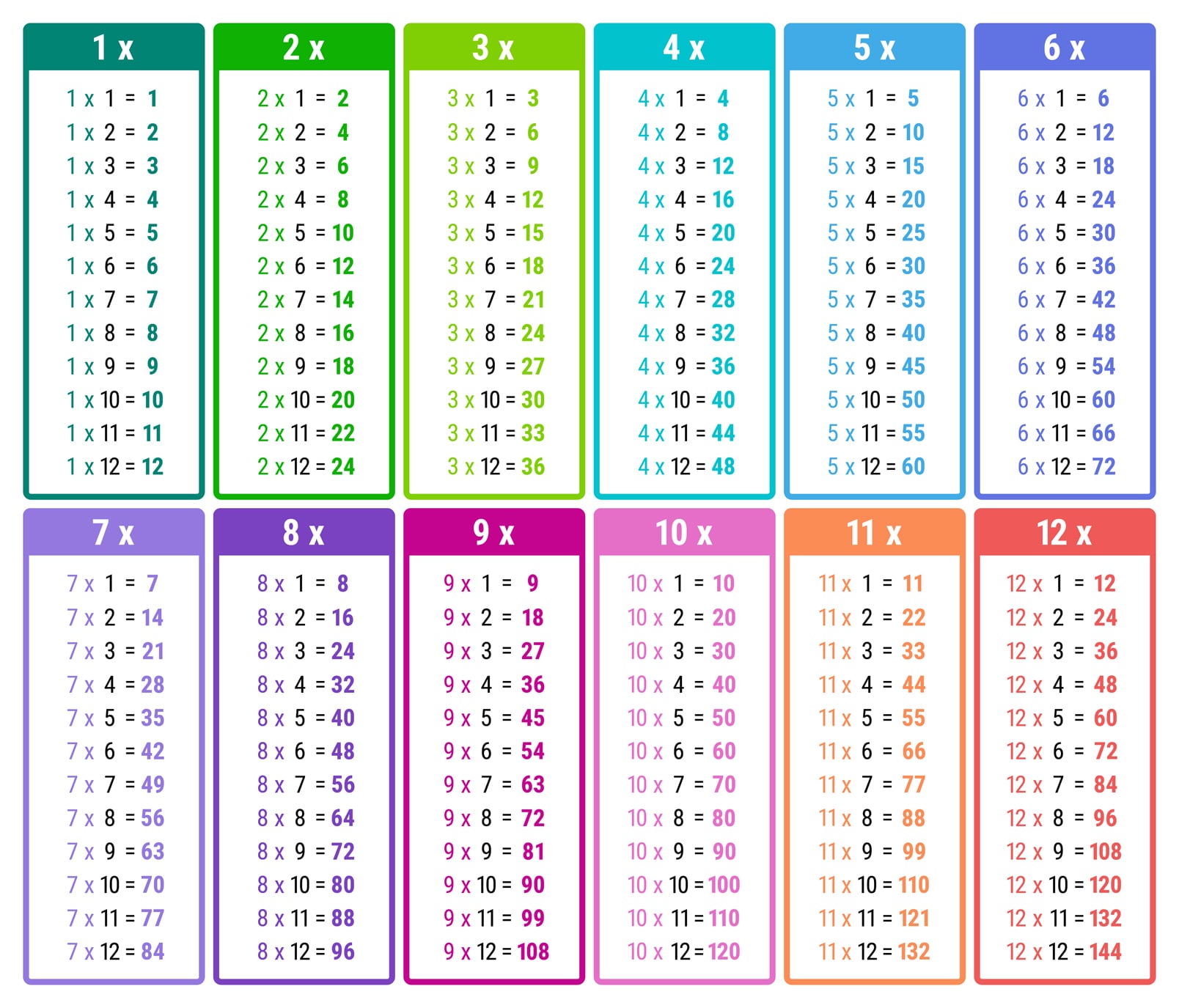In the UK, standardised testing plays a significant role in assessing students’ progress throughout their educational journey. From early years to post-16 qualifications, these assessments provide insights at both the individual and national level. They’re also a key factor for future education and career opportunities.
Here’s a breakdown of what to expect at different stages of education.
Reception/ EYFS – Baseline
At just 4 or 5 years old, Reception pupils take a Baseline Assessment within the first six weeks of starting school. This is a 20-minute, one-on-one session with their teacher, covering basic skills in Maths, Literacy, and Cognitive development. Activities might include identifying numbers, ordering objects, forming a sentence with the word because, or recognizing phonics sounds.
Importantly, this assessment isn’t about giving a numerical score. Instead, it helps teachers understand each child’s starting point, allowing them to tailor support as needed. Parents aren’t given results, as this is purely a developmental tool.

Year 2… Perhaps
As of Winter 2024, Year 2 students are no longer required to take SATs (Standard Assessment Tests). In 2023-2024, the government made these tests optional to reduce the testing burden on young children. While some schools still choose to administer them for internal assessment purposes, they’re no longer a national requirement.
Looking ahead, there’s talk of introducing a Spelling, Punctuation, and Grammar (SPaG) test for Year 2 students. This isn’t confirmed yet, so stay tuned for updates!
Year 4 – Times Table Check
In Year 4, students face the Times Table Check, a statutory online test that assesses their knowledge of times tables up to 12. The test involves 25 quick-fire questions, each with a 6-second time limit.
Many schools use tools like Times Tables Rock Stars to make practice fun and engaging, often incorporating a competitive element to motivate students.

Year 6 SATs
SATs can bring stress to students, parents and teachers, it’s important to remember that these are used to measure the child’s progress and is not a reflection of them as an individual or their potential. The tests are in reading, maths and SPaG. These happen over a week’s period across the nation. They are administered within school and by the teacher. Years 5 and 6 thoroughly prepare students to take their tests, with practise papers and a balanced curriculum.
The results of the tests are shared with parents after they’ve been marked by qualified assessors. They can also be shared with the student’s future secondary school as it can help determine their class and inform teaching.
Year 10-11 – GCSE
GCSE’s (General Certificate of Secondary Education) take place across Years 10 and 11 with most exams taking place in the Summer of Year 11. Students are graded 1-9 in English, Maths, Science and their chosen subjects. Grade 4 is equivalent to Grade C in the old grading system. There will be a mixture of coursework, practical work and exams.
Schools will follow different exam boards, the most popular are AQA, Edexcel and OCR,
GCSEs are used for:
A path to further and higher education (e.g. A levels or vocational training)
A foundation for certain career paths
Establishing a baseline qualification for future employers
Year 12-13/ College – Post. 16 Qualifications
After GCSEs, students must remain in education or training until the age of 18. Options include:
- A Levels (typically studied in Sixth Form or College)
- Vocational qualifications
- Apprenticeships or work-based training
Post-16 qualifications, especially A Levels or the International Baccalaureate, play a critical role in securing university places or setting students on a career path. The format combines coursework and exams, depending on the chosen subjects.
Final Tips
Tip for Teachers: Don’t teach to test. Your curriculum and teaching should be broad and balanced. Providing children with learning experiences which inspire them rather.
Tip for Students: Don’t stress! – Easier said than done, I know! When preparing for your exams, create a revision timetable and get organised. Reach out to your friends, share knowledge and revise together. Most importantly, take breaks and care for your well-being. Prepared, not stressed, is the way to go!
Standardised tests are just one part of a student’s educational journey. While they’re essential for tracking progress, they don’t define a child’s abilities or future potential. With the right support and mindset, students can navigate them successfully—and even enjoy the learning process along the way.









